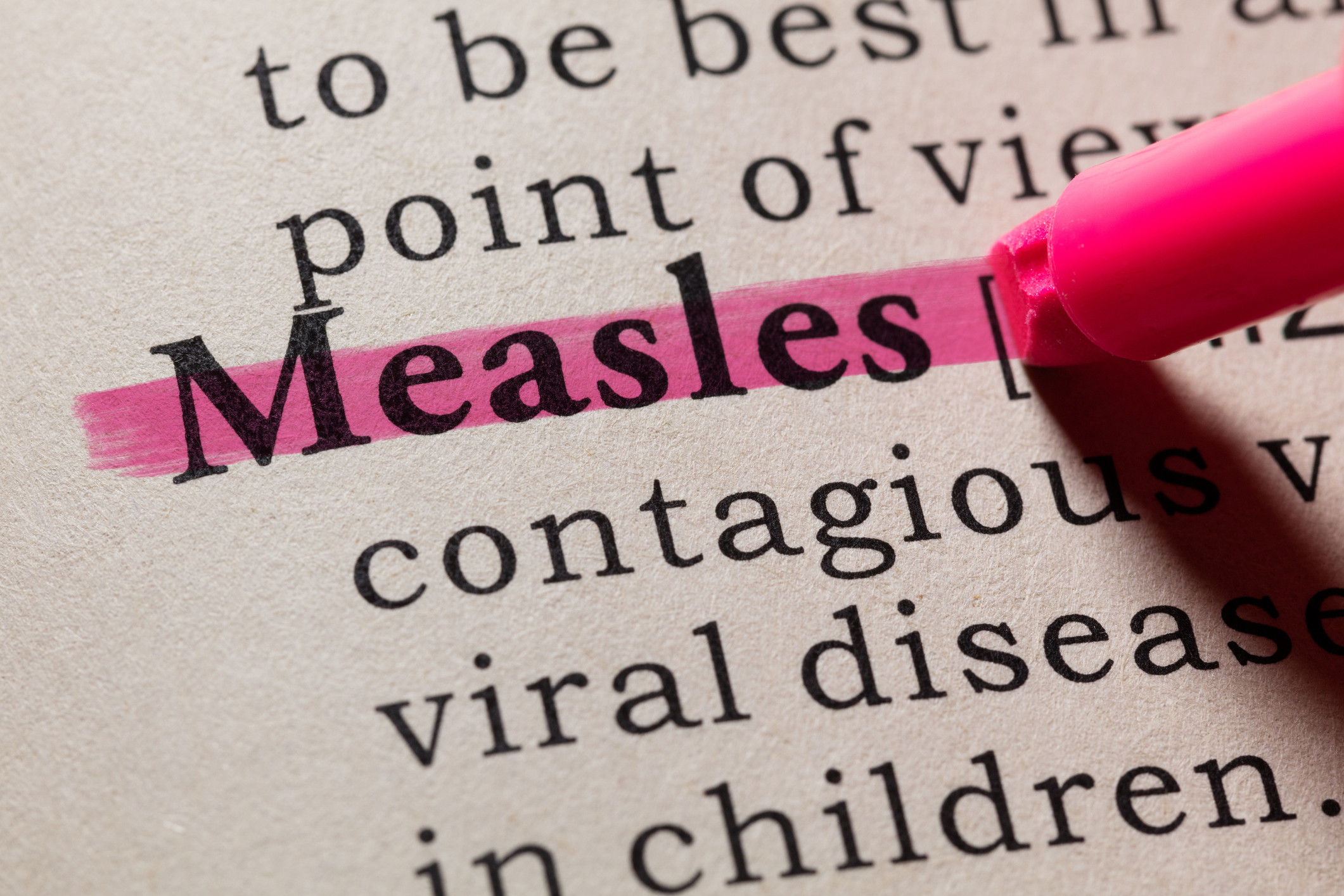
5 timeless habits for better health

What are the symptoms of prostate cancer?

Is your breakfast cereal healthy?

When pain signals an emergency: Symptoms you should never ignore

Does exercise give you energy?

Acupuncture for pain relief: How it works and what to expect

How to avoid jet lag: Tips for staying alert when you travel

Biofeedback therapy: How it works and how it can help relieve pain

Best vitamins and minerals for energy

Should you take probiotics with antibiotics?
Infectious diseases Archive
Articles
Toothbrushing tied to lower pneumonia rates in hospitalized patients
A 2023 study suggests that toothbrushing twice daily can lower rates of hospital-acquired pneumonia in seriously ill hospitalized patients.
How to stay healthy during a drought
With climate change, rising temperatures are making many regions dry within the US and beyond. The effects of droughts on the planet and our health are complex, and include water shortages, higher risk of disease, changes in habitability, and worse air quality.
Toothbrushing can be a literal lifesaver in the hospital
A 2023 study found that patients in intensive care units (ICUs) were less likely to die and spent less time on a ventilator during their stay when their teeth were brushed twice daily. Toothbrushing appears to protect patients from pneumonia, the most common ICU-acquired infection.
Measles: The serious risks of falling vaccination rates
We think of measles as a minor viral infection in children that goes away without compilcations, but it can have complications, and they can be serious or even fatal. Here's how to protect yourself, your circle, and your community — and why you should
Do I need any more COVID vaccinations?
Who should get COVID vaccine boosters and when will remain in flux for at least another year. This summer, the FDA instructed the vaccine makers to have the next COVID vaccine target the XBB.1.5 Omicron subvariant. The CDC will be issuing specific recommendations by October, but infectious disease experts expect the newer vaccine to provide the most benefit for people over 65 and those younger with chronic conditions.
4 things everyone needs to know about measles
Measles is a highly contagious disease that can cause serious health complications in some people. It's also highly preventable through vaccination. Here are the facts that everyone — especially parents — needs to know about measles.
What to do if you think your child has the flu
If you hear your child start coughing, it's natural to wonder: could this be the flu, or is it another virus like COVID or RSV, or even a common cold? Here's what to know about similarities between these illnesses and what to do if your child does have the flu.

5 timeless habits for better health

What are the symptoms of prostate cancer?

Is your breakfast cereal healthy?

When pain signals an emergency: Symptoms you should never ignore

Does exercise give you energy?

Acupuncture for pain relief: How it works and what to expect

How to avoid jet lag: Tips for staying alert when you travel

Biofeedback therapy: How it works and how it can help relieve pain

Best vitamins and minerals for energy

Should you take probiotics with antibiotics?
Free Healthbeat Signup
Get the latest in health news delivered to your inbox!
Sign Up









